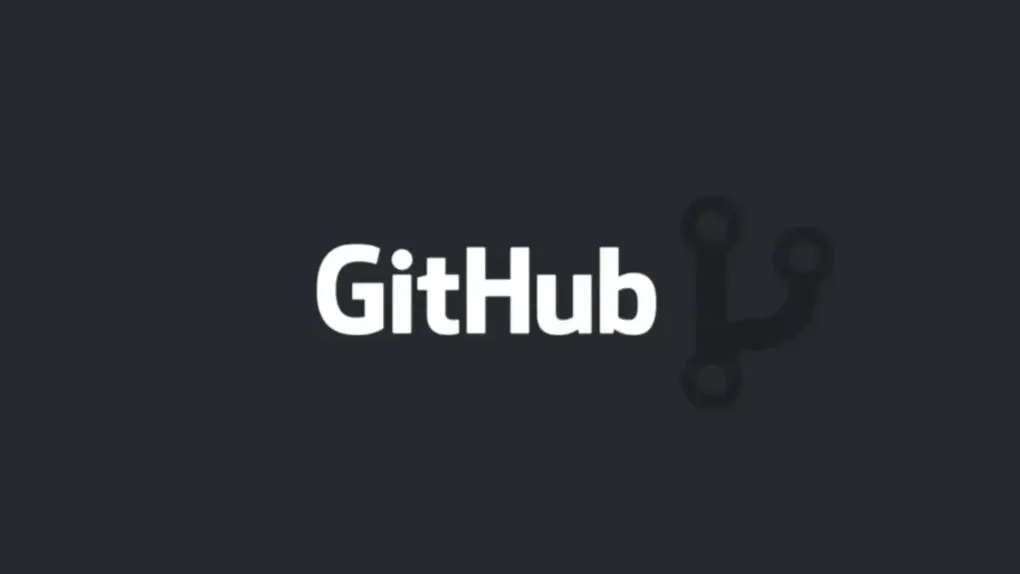
GitHub makes no sense
GitHub makes no sense
Software development is full of powerful tools: compilers, debugging environments, frameworks, libraries, and version control systems. Among them, GitHub shines as one of the central pillars that transforms how we write, share, collaborate on, and maintain code. In this post, I’ll argue that “GitHub is the greatest thing in programming”—not because it’s perfect, but because it delivers a combination of features, community, and ecosystem that has reshaped the landscape of software development.
What GitHub Is (and Why It Matters)
At its core, GitHub is a cloud-based platform for hosting Git repositories, enabling version control, collaboration, issue tracking, code review, and more. While Git (the version control system) existed long before GitHub, Git on its own was a more primitive tool: distributed, powerful, but lacking a unified social/collaborative layer.
GitHub adds a user-friendly interface, features like pull requests, issue tracking, continuous integration, project pages, and a thriving open-source ecosystem. These additions make version control accessible, social, and scalable.
Over time, GitHub has grown tremendously, with millions of repositories, tens (or hundreds) of millions of users, and a central role in many organizations’ development infrastructure. But beyond metrics, what makes GitHub great is how it changes the developer workflow, culture, and possibilities.
Why It’s So Powerful: Key Strengths
1. Collaborative Development Made Seamless
- Pull Requests & Code Review: Changes flow through a review process. Contributors propose changes; reviewers comment, suggest improvements, and approve merges. This structured model reduces mistakes and raises code quality.
- Forking & Open Source: Anyone can fork a project, make changes, and submit them upstream. This encourages experimentation, community contributions, and open innovation.
- Issue Tracking & Discussions: Integrated issue tracking, labels, milestones, and discussion threads allow teams to coordinate, document bugs, plan features, and debate designs all in one place.
2. Version Control + History = Safety Net
GitHub builds on Git’s distributed version control, giving every contributor a full history, branches, merges, and the ability to roll back. You can experiment fearlessly, knowing you can always revert. The visibility into commit history, diff comparisons, blame tracking, and code lineage all become much easier to navigate via GitHub’s interface.
3. Ecosystem of Tools & Integrations
GitHub is more than just hosting:
- Continuous Integration / GitHub Actions: Automate builds, tests, and deployments right from GitHub.
- Packages & Registry: Host and distribute binaries, packages, container images.
- Pages / Documentation Sites: Create project websites or documentation via GitHub Pages.
- Security & Dependency Tools: Automated checks for vulnerabilities, dependency updates, code scanning.
- AI Tools: AI-assisted coding (e.g. GitHub Copilot) brings help into workflows.
4. Social Proof, Discoverability, Reputation
Projects on GitHub are discoverable by others. Stars, forks, watchers — these act as signals of quality or interest. Contributors build reputations. Open source maintainers gain visibility. This social layer helps good software rise and gives motivation for collaboration.
5. Standardization & Ubiquity
Because so many projects use GitHub, many teams adopt it as part of their workflow. It becomes a lingua franca: developers can move between organizations and work with familiar tools, branching strategies, pull request norms, etc. The consistency reduces friction across teams.
Challenges & Criticisms (Because Nothing Is Perfect)
- Centralization & Lock-in: Projects become dependent on GitHub’s infrastructure. If GitHub changes pricing, policies, or suffers outages, projects may suffer.
- Scalability / Performance: Very large repositories or monorepos sometimes experience slowdowns or limits.
- Complexity for Beginners: Git semantics (rebasing, merging, resolving conflicts) can be confusing. Despite GitHub’s UI, underlying complexity remains.
- Privateness & Secrets: Accidentally committing sensitive data (API keys, credentials) can leak into history. Removing them requires rewriting commit history, which is delicate.
- Gamification Effects: Some users may obsess over streaks or commit counts rather than meaningful contributions.
- AI Tools & Quality: While tools like Copilot can accelerate coding, they are not flawless. They may propose insecure or suboptimal code, especially in complex contexts.
Real-World Impact & Anecdotes
Some developers have landed jobs or partnerships based on their GitHub portfolios. Having public, high-quality projects shows your skills more than a resume sometimes.
Entire communities form around open-source projects on GitHub: libraries, frameworks, tooling ecosystems. It scales collaboration globally.
That democratization of contribution is powerful — it flattens barriers to entry and invites participation.
Why It Deserves the Title “Greatest Thing in Programming”
When I think about what makes a tool great, here’s the checklist:
- It amplifies what humans do well: GitHub turns collaboration, feedback, iteration into smoother motion.
- It scales with the user: From solo developers to large organizations, GitHub scales.
- It connects people: It’s social, communal, encourages sharing.
- It’s extensible: You can build more on top: CI, security, pages, AI.
- It changes culture: It’s not just a tool; it shapes how we think about open source, code quality, and code ownership.
Given how central it is to modern development, how it enables global teamwork, and how much innovation rides on top of it, I believe GitHub deserves strong praise.
A Vision Forward
Looking ahead, I expect GitHub to evolve further: deeper AI integration, better tooling for large-scale systems, more intelligent code analysis, code-as-infrastructure workflows. As the boundary between code, data, and services blurs, GitHub (or its successors) will likely remain central.
If you’re a developer and don’t yet have a GitHub account or public projects — you’re missing out on a massive aspect of modern software culture.